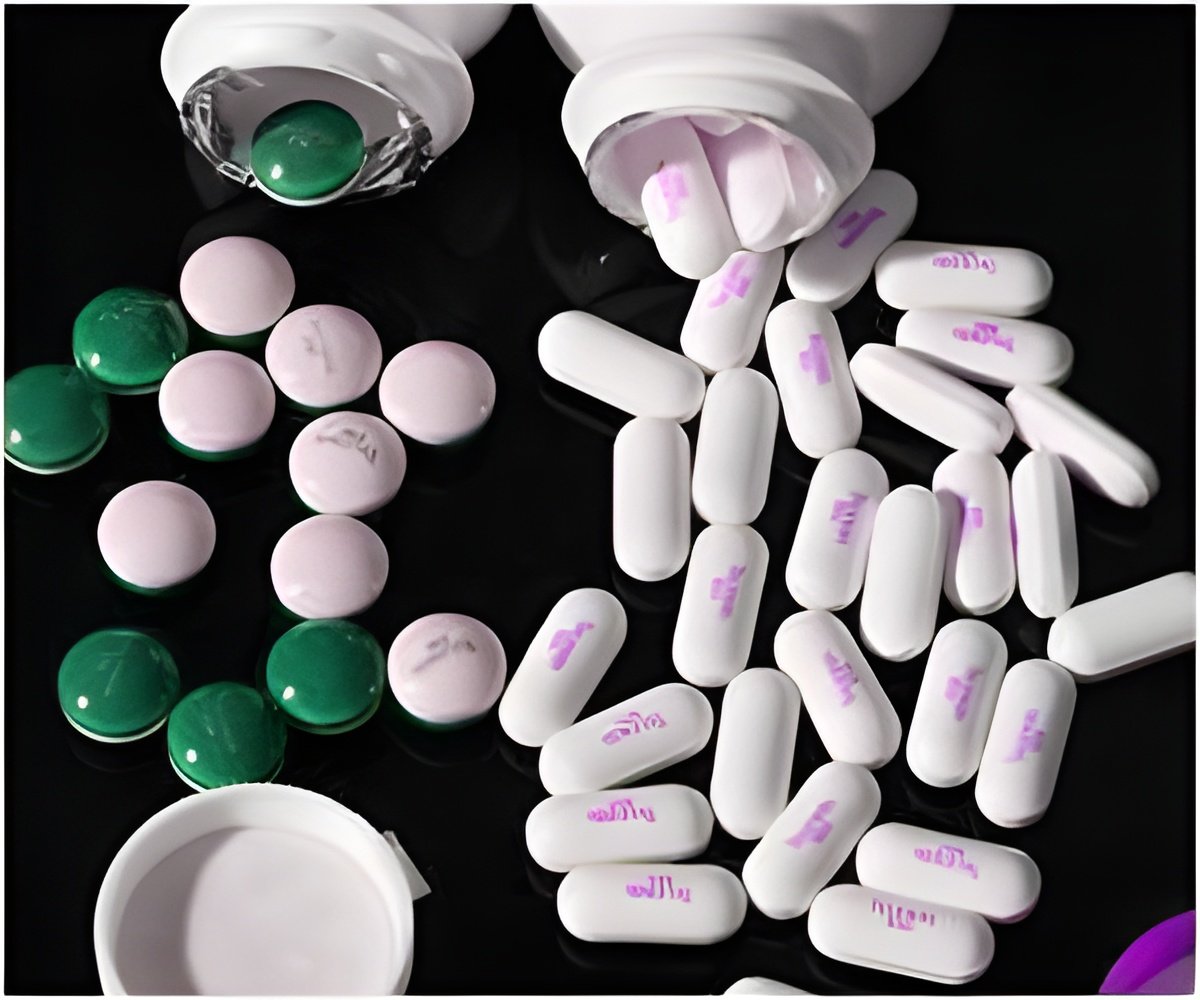
Parkinson's disease is a chronic neurologic disorder that worsens over time, leaving patients less able to direct or control their movements due to the loss of cells in various parts of the brain. In addition to the physical problems, Parkinson's can also cause psychological symptoms. Almost one-half of people with Parkinson's suffer from depression, and it is a major cause of disability.
The drugs tested were paroxetine, which is an antidepressant in the class called selective serotonin reuptake inhibitors (SSRIs), and venlafaxine extended release, which is in the serotonin and norepinephrine reuptake inhibitors (SNRIs) class.
The clinical trial lasted three months and involved 115 people in various stages of Parkinson's disease who met the criteria for depression. About one-third of the participants received paroxetine, one-third received venlafaxine and one-third received a dummy pill. The dosage of the drug could be increased until the participant's depression was effectively treated.
On average, the people receiving paroxetine had a 13 point (59 percent) improvement and those receiving venlafaxine had an 11 point (52 percent) improvement in their scores on the Hamilton Rating Scale for Depression. People who received the dummy pill had a 6.8 point (32 percent) improvement. The results, as measured by three other depression rating scales, were similar. "The study suggests that, while there is a clear 'placebo' effect, there is a greater benefit from the antidepressant medications," said Richard.
The drugs were generally well tolerated and did not lead to any worsening in motor functioning.
Advertisement















